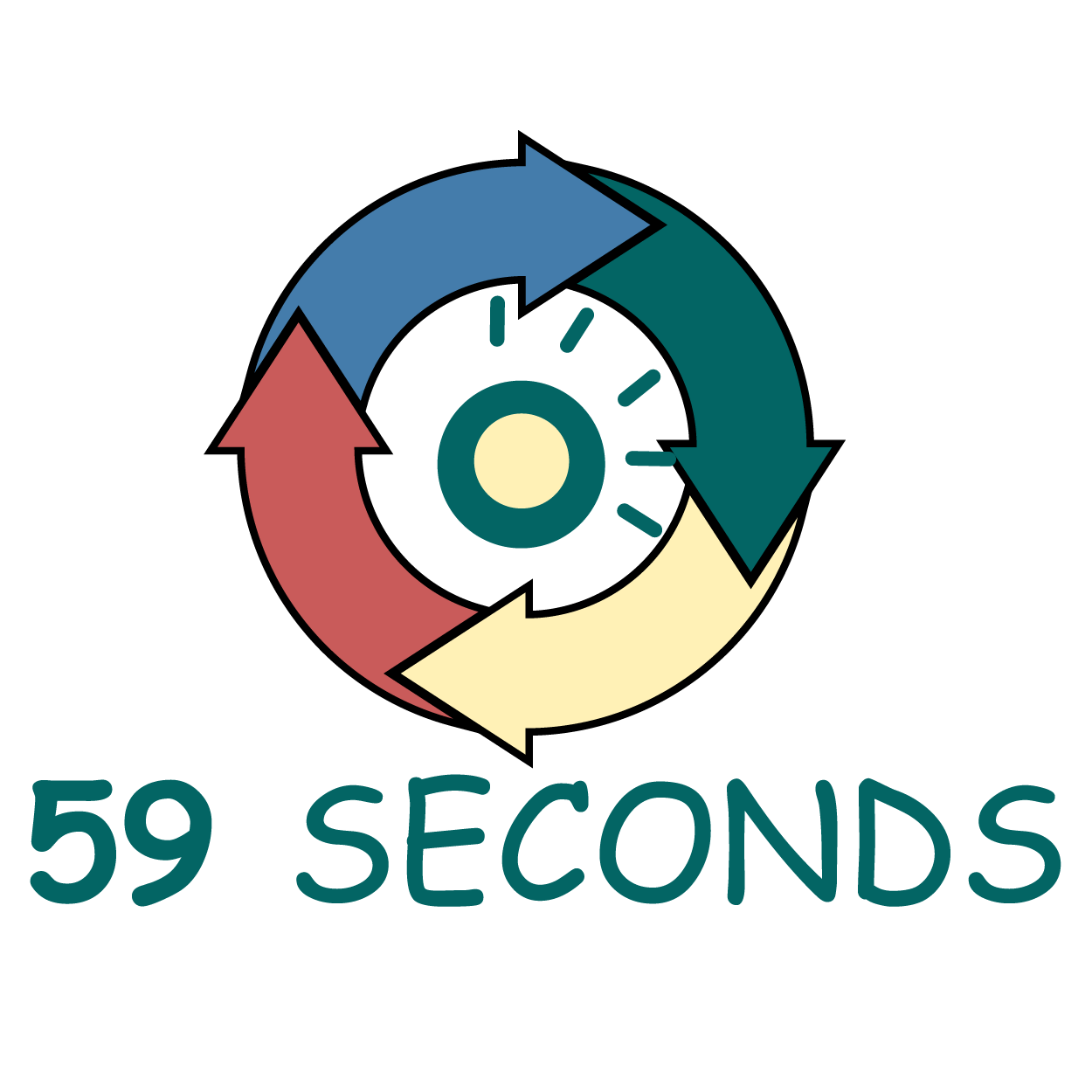
Estimating Tasks
Estimating is part of capacity planning for a Sprint. The Scrum team should know if they can accommodate certain tasks for the Sprint, and if they will need to split or move out certain user stories.
There are two ways to estimate tasks:
- Task points – Not different from user story points, some teams assign points to tasks as a more granular way of measuring the complexity of a task. Since it could take more than a day to finish a user story, task points help teams measure daily progress.
- Hours – Duration in hours is a more concrete way to measure and track the team’s progress for their tasks. It lets everyone know how long it would take to complete the task, and how much time they have spent completing tasks in the Sprint.
Ideally, a task should not take more than a day to complete. If it would take a few days to finish, the task should be broken down further and be estimated again. Unlike user stories, which need team consensus for story point estimation, tasks can be estimated by the person who will be responsible.
As with deciding on the granularity of user stories, a Scrum team’s task estimation will improve over time as members get more familiar with the nature of their tasks. They might also find that there will be recurring tasks that they can anticipate every Sprint, as well as urgent tasks. With capacity planning, the Scrum team should be able to complete all of the necessary tasks for the iteration.
Conclusion
Tasks help Scrum teams know what needs to be done to complete user stories. For testers, that means being able to specify and inform the rest of the team on the testing tasks involved in the user stories. When it comes to creating tasks, a general rule of thumb is that one task should result to a deliverable unit of work and should be finished within a day. There are different ways to split and estimate tasks, but through inspecting and adapting in Sprint Retrospectives, team members will be able to come up with processes that will work for them better.
<– Continue Reading –>
Our Book Recommendations
We found these books great for finding out more information on Agile Scrum:
Master of Agile – Agile Scrum Tester With 59 Seconds Agile (Video Training Course)
Introductory Offer: Free Course
Master of Agile – Agile Scrum Tester With 59 Seconds Agile (Video Training Course)
What is this course?
This ‘Master of Agile – Agile Scrum Tester With 59 Seconds Agile (Video Training Course)’ provides an in-depth understanding of the Agile Scrum Tester roles and responsibilities
You will explore the Agile Scrum project life-cycle, including how an Agile User Story is created, to how we know when it is ‘done’
This course is aimed at those with or without prior knowledge and experience of the Agile values and principles
During this course you will learn the tools needed to succeed as an Agile Scrum Tester
What will you learn?
You will gain an in-depth understanding of the Agile Scrum Tester roles and responsibilities, and you will be able to
- Fully understand the role of the Agile Scrum Tester
- Understand the roles involved in an Agile project
- Create an effective Product Backlog
- Effectively participate in Scrum Meetings such as the Daily Stand-up, Sprint Review and Retrospective
- Identify the roles involves in the Scrum Team
- Fully understand the role of the Agile Scrum Developer
- Understand the roles involved in an Agile project
- Create an effective Product Backlog
- Effectively participate in Scrum Meetings such as the Daily Stand-up, Sprint Review and Retrospective
- Identify the roles involves in the Scrum Team

What topics are covered within this course
You will cover the following topics during this course:
- An Introduction to Agile Project Management (Tester)
- The 12 Agile Principles (Tester)
- Introduction to Scrum (Tester)
- Scrum Projects (Tester)
- Scrum Project Roles (Tester)
- Quality in Agile (Tester)
- Acceptance Criteria and the Prioritised Product Backlog (Tester)
- Quality Management in Scrum (Tester)
- Epics and Personas (Tester)
- Planning in Scrum (Tester)
- Scrum Boards (Tester)
- User Stories (Tester)
- The Daily Scrum (Tester)
- The Product Backlog (Tester)
- Review and Retrospective (Tester)
- Validating a Sprint (Tester)
